Wayward are honoured to be designing a memorial for Nelson Mandela in Liverpool in his centennial year, commissioned by the grassroots educational organisation, Mandela8.
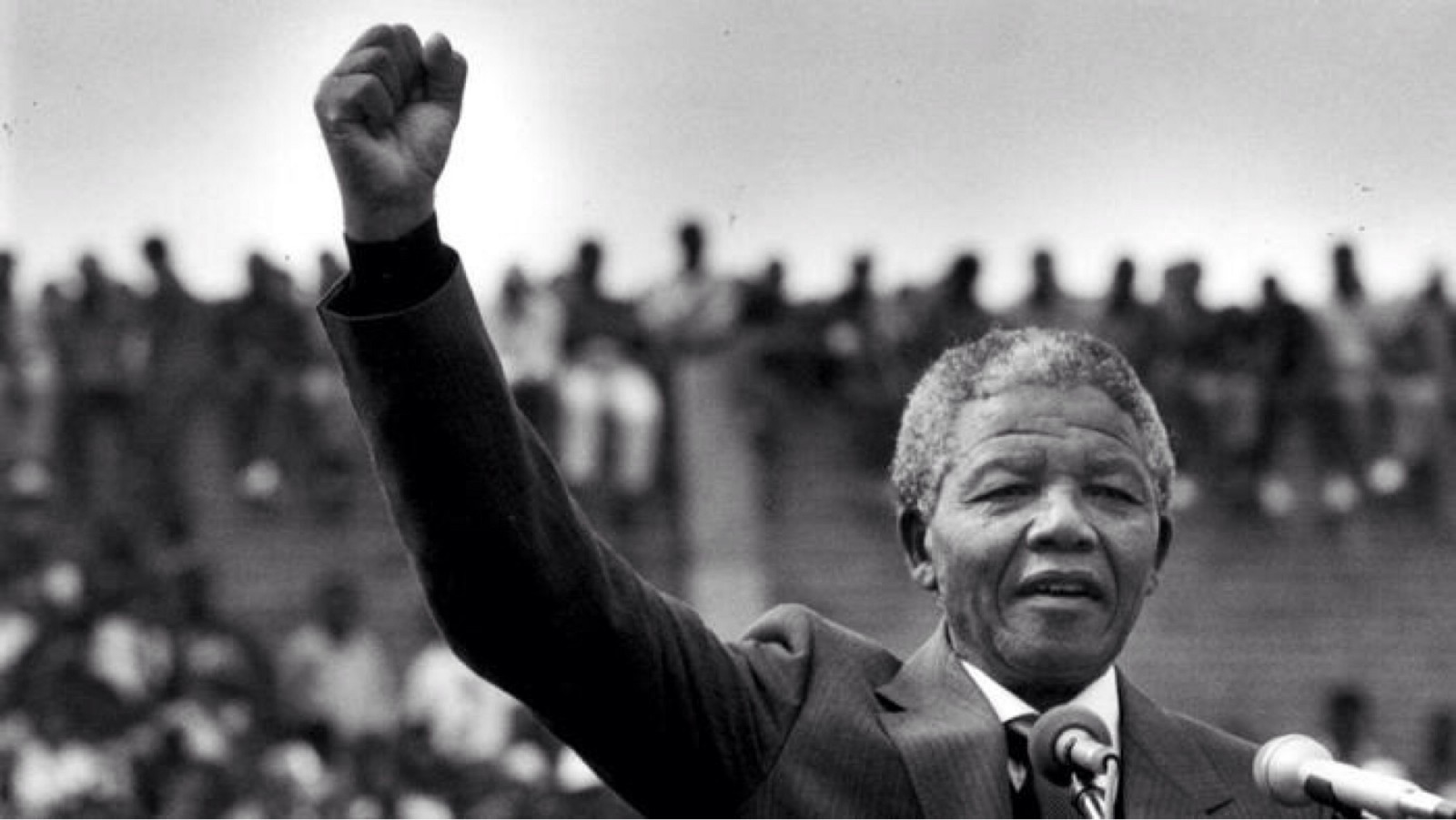
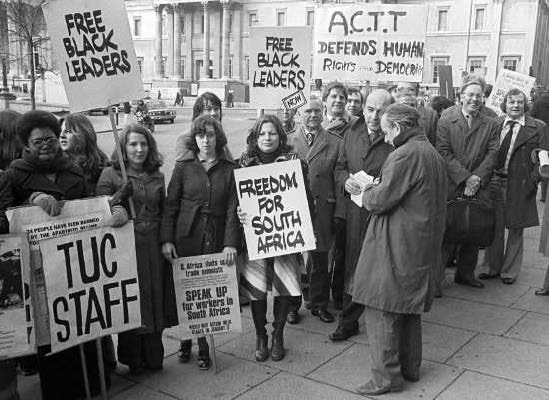
Mandela8 Group’s vision is to see a permanent artwork established in the Liverpool 8 area to celebrate and commemorate Nelson Mandela’s outstanding achievement for humanity. The memorial, which is currently being submitted for planning, will be located on the Joseph Paxton designed Grade II listed Prince's Park, and will reflect not only the meaningful legacy of Nelson Mandela but the significant history of anti-apartheid activism in Liverpool.
It is an exciting opportunity to create a significant newly commissioned artwork that will be integral to the process of change and promotion of diversity, humanity and equality: key principles that Nelson Mandela campaigned for all his life.
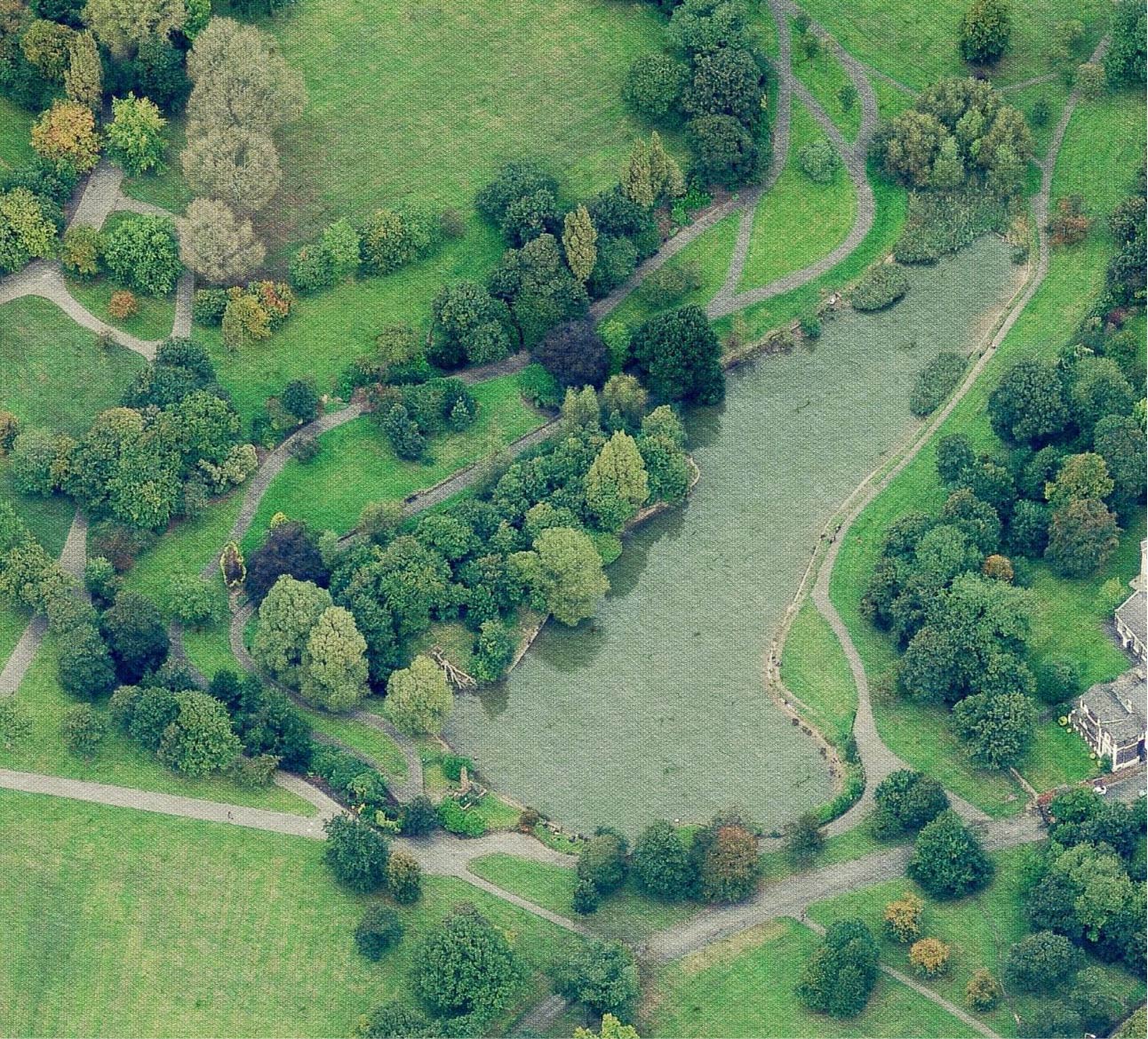
A garden was one of the few things in prison that one could control. To plant a seed, watch it grow, to tend it and then harvest it, offered a simple but enduring satisfaction. The sense of being the custodian of this small patch of earth offered a small taste of freedom. In some ways, I saw the garden as a metaphor for certain aspects of my life. A leader must also tend his garden; he, too, plants seeds, and then watches, cultivates, and harvests the result. Like the gardener, a leader must take responsibility for what he cultivates; he must mind his work, try to repel enemies, preserve what can be preserved, and eliminate what cannot succeed.”
-- Nelson Mandela, Long Walk to Freedom
The designs for the memorial - which will be released this Spring - are inspired by Mandela's gardens at Robben Island and Pollsmoor Prison. His gardens were symbols of resistance, tools for resilience, spaces for reflection and platforms for community. The food grown in Mandela’s gardens provided a resource to counter the food inequality linked to racial discrimination in the prison system, which provided less nutritious rations to non-white prisoners, and offered Mandela an opportunity to gain trust with prison guards and wardens. He resourcefully bartered the food he grew for study materials, including the language studies which gave him a voice in the room when it came to prisoner rights, and later, key diplomatic negotiations.
The therapeutic and purposeful act of gardening helped Mandela keep focus, resilience and resolve through nearly three decades of prison. And not only did Mandela’s garden at Robben Island provide a space for dialogue, political discussion and debates, but it gave cover to hide Mandela’s original manuscripts while the copies were smuggled off Robben Island. These texts, written collectively by Mandela and his comrades in prison, formed the basis of Long Walk to Freedom, as well as his public speeches and words which have moved the world.
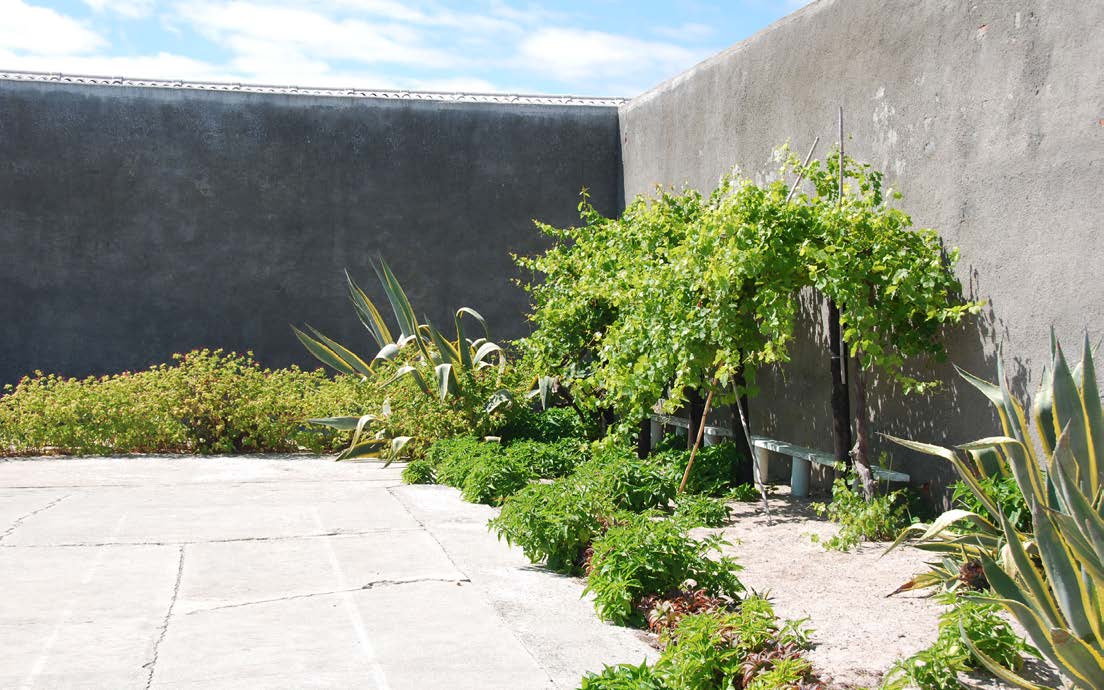
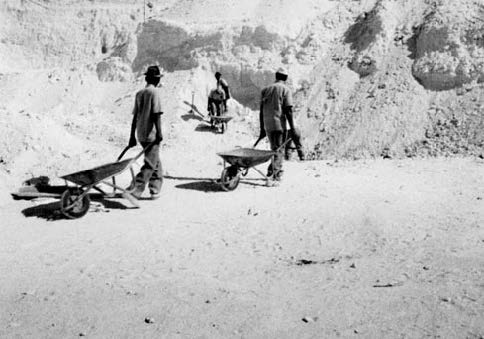
Community Engagement: Conversation Dinners and the Collective Editorial Board
As part of the design process, Wayward held a community engagement event with Mandela8 that acted as a testbed for future engagement activities. Inviting stakeholders and representatives of various community interest groups in Liverpool 8, we held a conversation dinner - utilising a meal of recipes from the history of Nelson Mandela (as taken from the Hunger for Freedom book), to facilitate dialogue about the legacy of Mandela and the potential for the memorial.
We also invited The Reader, a Liverpool based community reading organisation, to hold a reading aloud workshop analysing Invictus, a poem that inspired Mandela. This was the first step in creating a “Collective Editorial Board” to engage the wider public in Mandela’s words and select texts for the memorial.
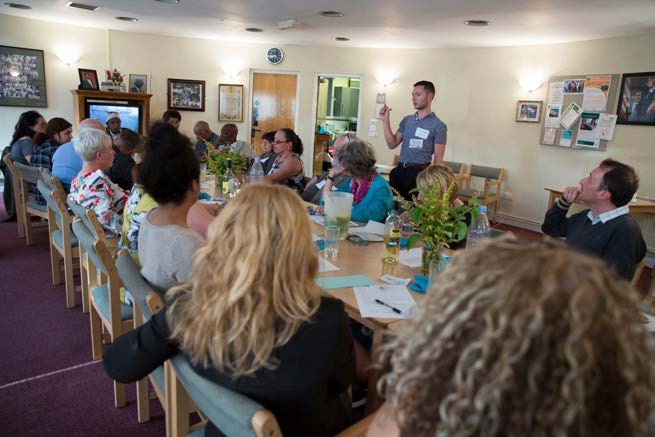
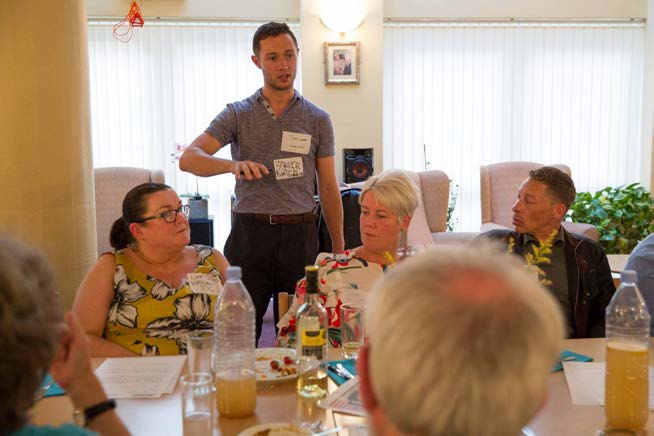
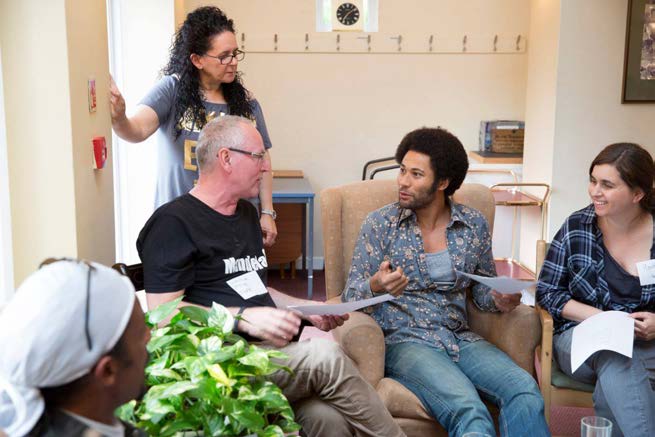
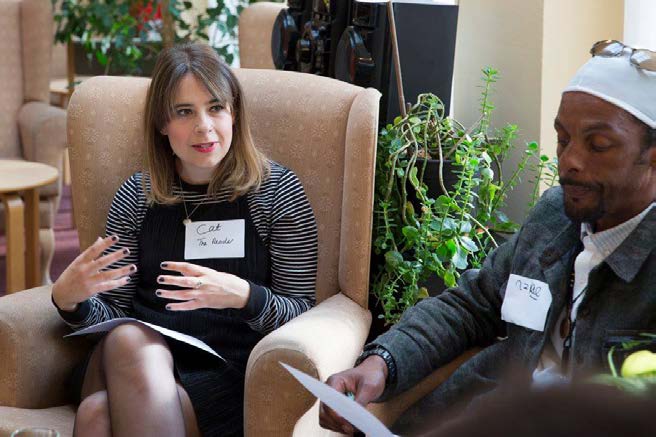
More to come soon!
